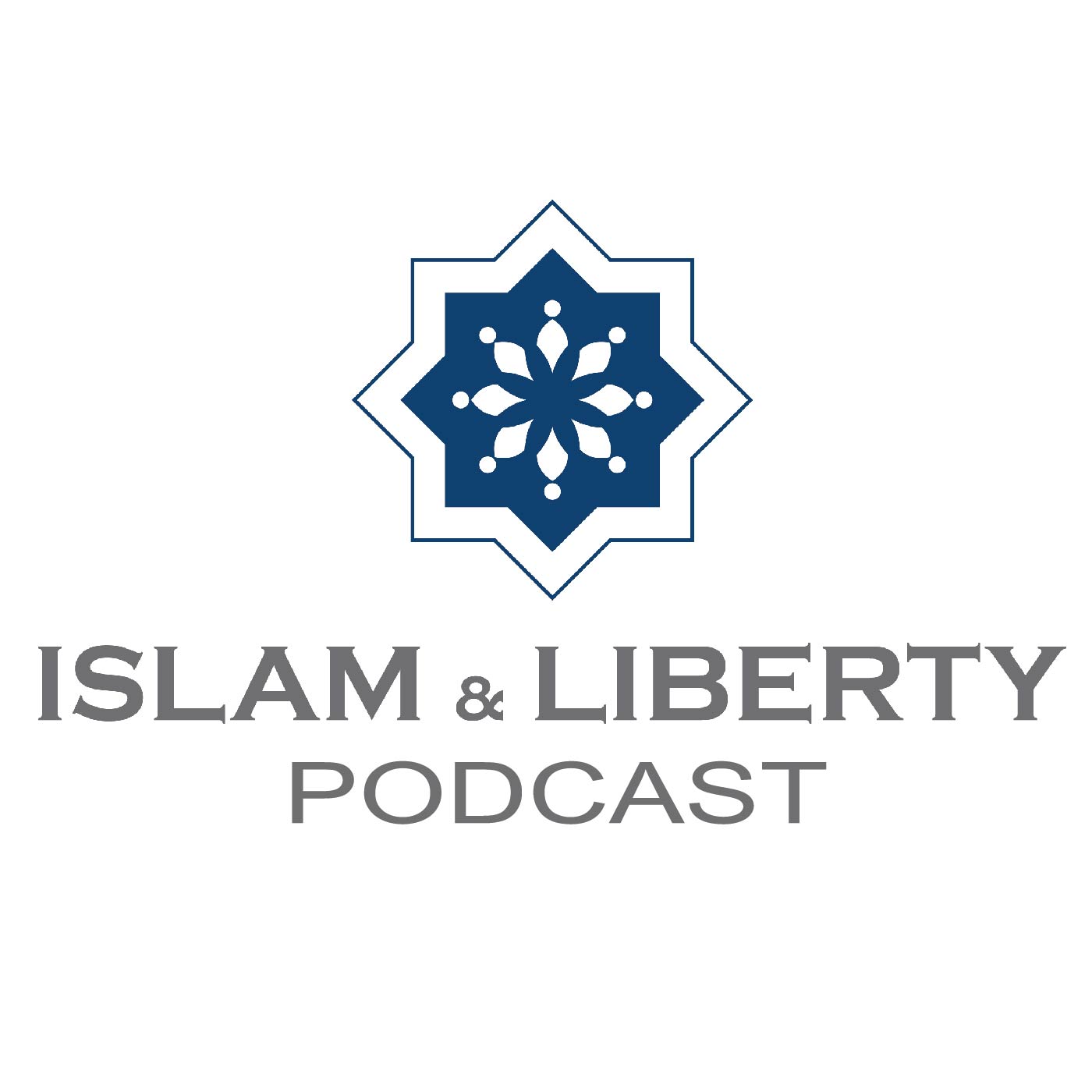Episodes
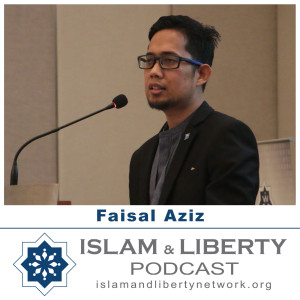
Friday Jun 05, 2020
Episode 030 -Faisal Aziz; Proportionality in Hate Speech Laws
Friday Jun 05, 2020
Friday Jun 05, 2020
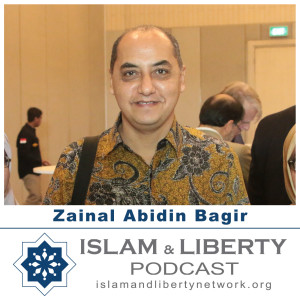
Sunday May 17, 2020
Sunday May 17, 2020
Zainal Abidin Bagir is the executive director of the Center of Religious and Cross Cultural Studies at Gadjah Mada University in Indonesia. Bagir specializes in philosophy of religion, religion and science, and religion and ecology.
His presentation speaks on blasphemy law in Indonesia, comparing it globally, seeing how has it been used, current revitalization of the law and paths for revision.
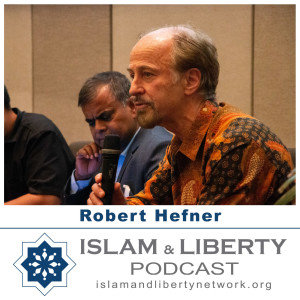
Saturday May 02, 2020
Episode 028 – Robert Hefner; Religious Freedom, Harmony and Inclusion
Saturday May 02, 2020
Saturday May 02, 2020
Robert W. Hefner is professor of anthropology and former director of the Institute on Culture, Religion, and World Affairs (CURA) at Boston University. He is former president of the Association for Asian Studies. Hefner has directed 19 research projects and organized 18 international conferences, and authored or edited 19 books.
Visit our website at islamandlibertynetwork.org
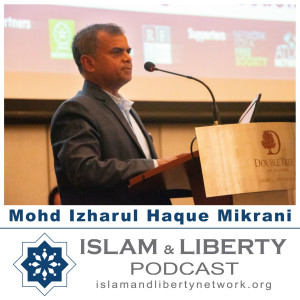
Monday Apr 20, 2020
Monday Apr 20, 2020
Mohd. Izharul Haque Mikrani is a prominent media personality and a fighter for Democracy, Human Rights, Pluralism, Freedom of Religion or Belief despite challenges and threats. Currently, Mr. Mikrani is the president of the Intellectual Muslims Association of Nepal (IMAN). This organization works to promote interfaith dialogue among people of different faiths. He is also the Chief Editor of Sajha Awaz (an online news portal of Nepal). Izhar Mikrani is a founder member and current chair of SAFFoRB (South Asian Forum for Freedom of Religion or Belief), Nepal Chapter. He is also an active member of the EU working group on HRDs.
His presentation speaks about IMAN (Intellectual Muslims Association of Nepal), a non-profitable organization working for minorities’ rights in Nepal upholding the principles of freedom of religion or belief (FoRB) and its efforts.
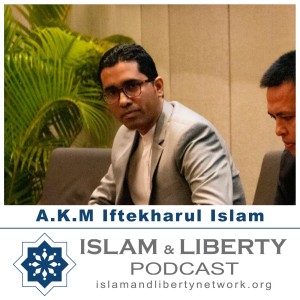
Tuesday Mar 17, 2020
Tuesday Mar 17, 2020
A. K. M. Iftekharul Islam is assistant professor of Department of Islamic History & Culture at University of Dhaka, Bangladesh. He has a masters in Islamic History & Culture and have various of his articles referred to in journals.
His paper is an attempt to examine the present condition of religious minorities in Bangladesh; impact of religious tension of India and Myanmar on it and policy options for the government; and the civil society to ensure religious co-existence of all sorts of people.
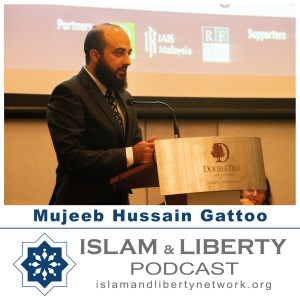
Saturday Mar 07, 2020
Saturday Mar 07, 2020
Mujeeb Hussain Gattoo is an Assistant Professor at the Higher Education Department, Govt of Jammu and Kashmir.
Their paper tackles the Ahmediyya question through analyzing the issues raised above and probing into the (im)possibility of religious co-existence in Contemporary Islamic thought.It is also an attempt to compare the views of Muslim scholars (across different spectrums of thought) towards the Ahmediyya’s
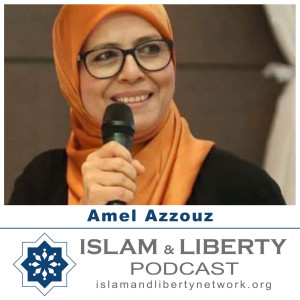
Sunday Feb 23, 2020
Sunday Feb 23, 2020
Amel Azzouz is a member of Ennahdha Party Shura Council and a former member of the Tunisian Constituent Assembly. She is a teacher of English literature in the Tunisian University, and she received her political science master’s degree from the Faculty of Juridical, Political and Social Sciences of Tunis. In her paper, she sheds light on the constitution of post-revolution Tunisia, the most progressive constitution in today’s Muslim world. She explains how this success was achieved not only thanks to the joint efforts of legislators and politicians but also to a serious social dialogue.

Sunday Feb 09, 2020
Sunday Feb 09, 2020
Azeemah Saleem, Doctoral Candidate in Center for West Asian Studies, School of International Studies, Jawaharlal Nehru University, New Delhi. She is working on “Syrian Refugees in Germany: An Understanding through the Prism of Global Justice” as her PhD Thesis. Her area of interest includes understanding Global Justice in the context of Refugees, Rawls theory of Justice, Kantian Cosmopolitanism, Humanitarian crisis, global refugee issues, women development studies, social and societal fragmentation in North Africa, conflict analysis in West Asia along with identity politics and critically analysing human rights issue.
Her paper aimed to understand religious freedom in the constitution of Lebanon and Saudi Arabia. It will scrutinise how the constitution derived from secular and Islamic values reflected the functioning of society. Is Secular constitution is moving towards an inclusive society and Islamic constitution is moving away from being a tolerant society. It also aimed to understand whether the ‘Secular’ constitution makes a nation more inclusive as compared to the ‘Islamic’ constitution. The consequences of the respective constitution in society. Lastly, it will redefine the idea of secularism compatible with the freedom of religion in both the nation of Saudi Arabia and Lebanon.
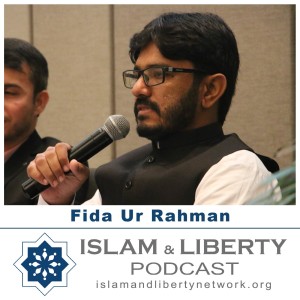
Sunday Jan 26, 2020
Sunday Jan 26, 2020
Fida Ur Rahman is serving as a Lecturer in the Department of Social Sciences at University College of Zhob, BUITEMS, Balochistan, Pakistan. He holds M.Phil. in Islamic Studies. He is also alumni of Islam and Liberty Network, Malaysia and Acton University USA. His area of specialization includes Islam, State and Politics, Anthropology and Sociology of Islam, and Modern Trends in Islam.
At the 7th International Islam and Liberty Conference, "Islamic Case for Religious Freedom", he presented his paper, which is an attempt to critically analyze the text and context of the Classical, Islamist and Post-Islamist approaches regarding apostasy and religious freedom by revisiting and reexamining all the narratives in the light of the primary sources of Islam, universal moral values and charters of UNO regarding human rights.
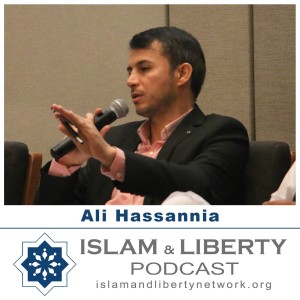
Thursday Jan 02, 2020
Thursday Jan 02, 2020
Dr. Ali Hassannia is Assistant Professor, Department of Qur’an and Hadith Studies, Shahed University of Iran. He has a PhD in Theology and Islamic Studies and has published multiple papers in Persian, Arabic and English.
The paper he presented at the 7th International Islam and Liberty Conference was based on the analytical descriptive method using Quranic notions, traditional and Islamic teachings and views of thinkers. It aimed at discussing the limits of tolerance in Islam, particularly concerning freedom, and how some misconceptions could cause the tragic phenomenon of “holy ignorance”. It also criticized both Muslim and Western opinions in this regard. Finally, it showed the connection between intolerance, holy ignorance, radicalism, and lack of a sound understanding of religion.
Visit our website at islamandlibertynetwork.org for his paper and presentation

